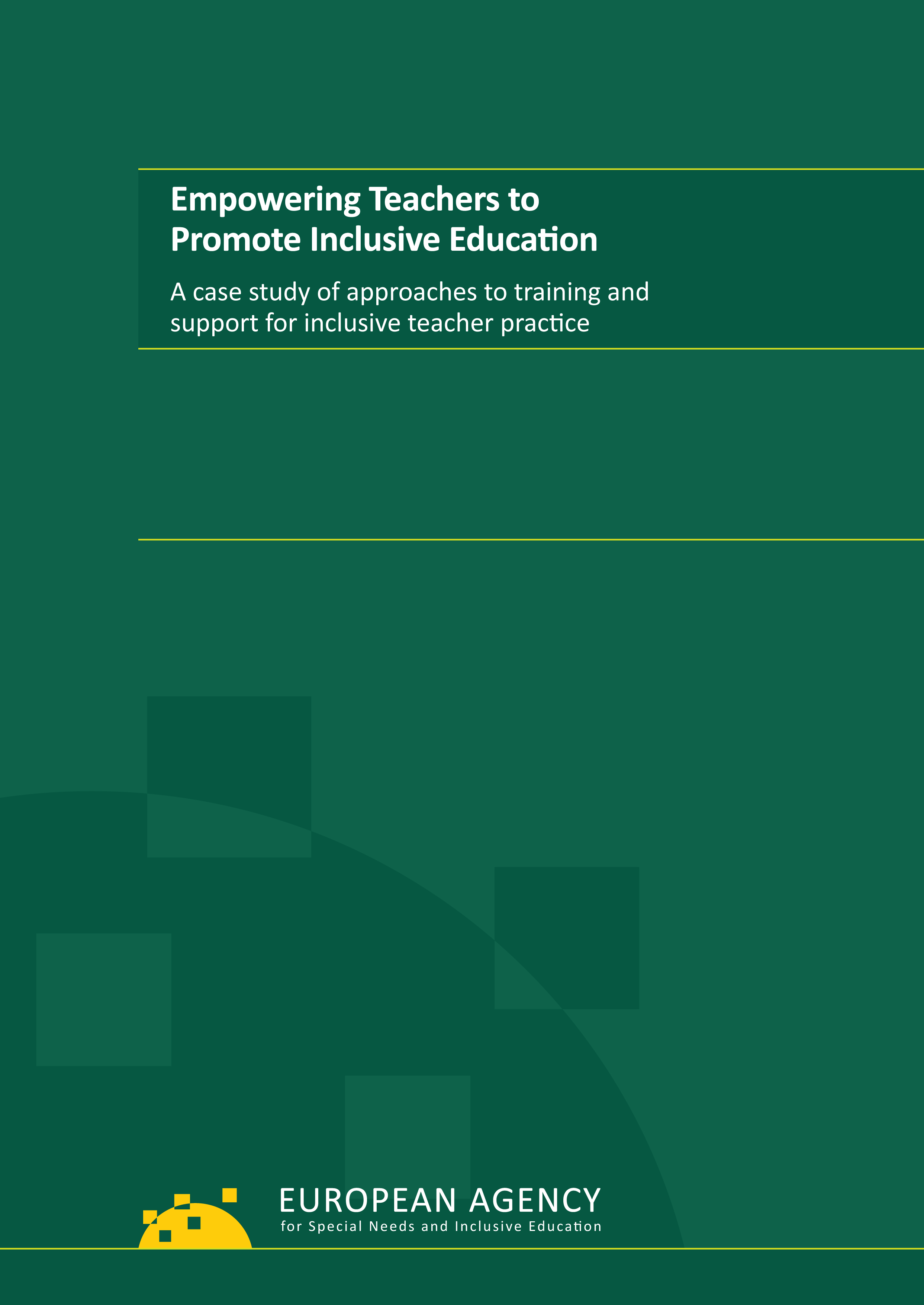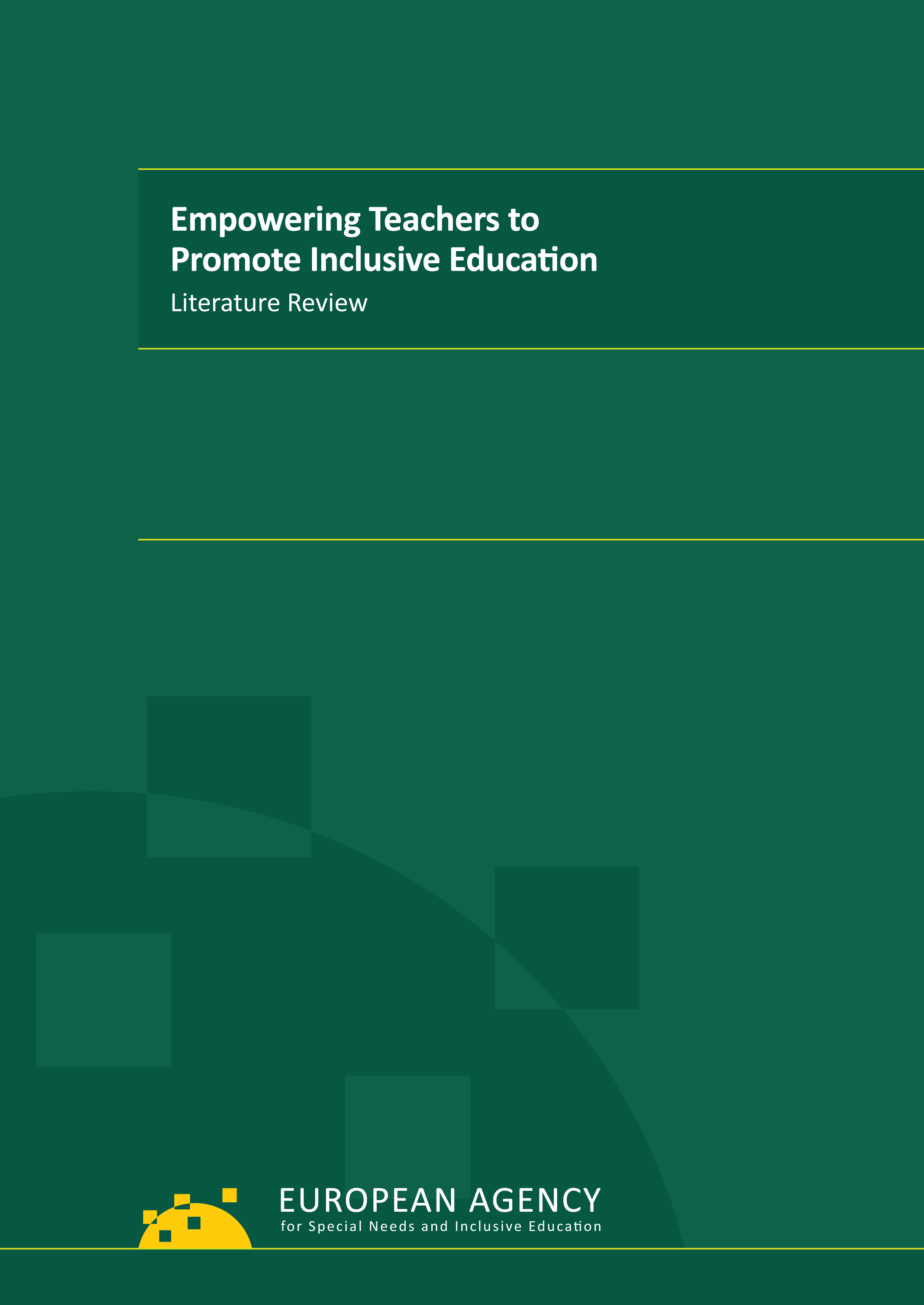In the second half of 2015, the Agency worked on behalf of the United Nations Educational, Scientific and Cultural Organization (UNESCO) to provide a suite of materials on empowering teachers. The results of this work have been summarised in three documents: a literature review, a case study and a methodology overview. A further output includes a re-designed Inclusive Education in Action website: Empowering Teachers: Empowering Learners. The site includes over 30 examples from all around the globe, focusing on teacher education and professional development.
The project draws upon earlier Agency work in the Teacher Education for Inclusion project (2009–2012) and establishes a conceptual framework that sees initial teacher education, induction and continuing professional development as a continuum with the need for strong support from politicians, leaders and external experts as well as all stakeholders in schools and communities.
The project aims to strengthen policy and practice connections by exploring approaches to training and support for inclusive teacher practice. The study highlights the increasing focus on human rights and equity in international and European level policy that aims to promote social cohesion and stresses the need to improve teacher education programmes in particular through the role of teacher educators better prepared to address diversity issues.
The case study looks at practice examples from thirteen member countries Austria, Belgium (Flemish speaking community), Cyprus, Finland, Germany, Iceland, Ireland, Latvia, Norway, Portugal, Sweden, UK (England) and UK (Scotland) with additional country/policy information from France, Malta, UK (Northern Ireland) and UK (Wales). The study considers implications for wider policy development, teacher education and professional development and the development of teacher educators.
The results from this work point out a number of key considerations. Teachers should:
- Confront their attitudes and beliefs about diversity and accept responsibility for all learners;
- Support those vulnerable to marginalisation as part of their daily practice – not see this as an ‘additional’ task. This requires flexible pedagogy, organisation, curriculum and assessment frameworks;
- Receive support and feedback to increase the capability to meet diverse needs and intervene early when necessary;
- Collaborate with colleagues and work in partnership with families;
- Engage with research, reflect and make connections to inform work in the classroom;
- Take part in induction and on-going professional development to continuously improve;
- Use resources in different ways and draw on social capital in schools and communities for support and personal professional development;
- Work closely with school leaders who focus on learning and drive quality teaching and who also distribute leadership tasks to ensure sustainability.
With regard to teacher educators, the materials suggest that countries should:
- Take a strategic approach to the recruitment and development of teacher educators in higher education and those based in schools, with an agreed framework of competences to support the development of inclusive teachers;
- Take steps to ensure that teacher educators are able to model inclusive practice, engage with research and regularly update on current practice including the use of ICT in the classroom.
The case study and methodology, as well as the literature review are available for download on the Agency website. They will also form one of a number of thematic case studies from different regions that will be included in the UNESCO knowledge-base on inclusive approaches to teaching and learning.

